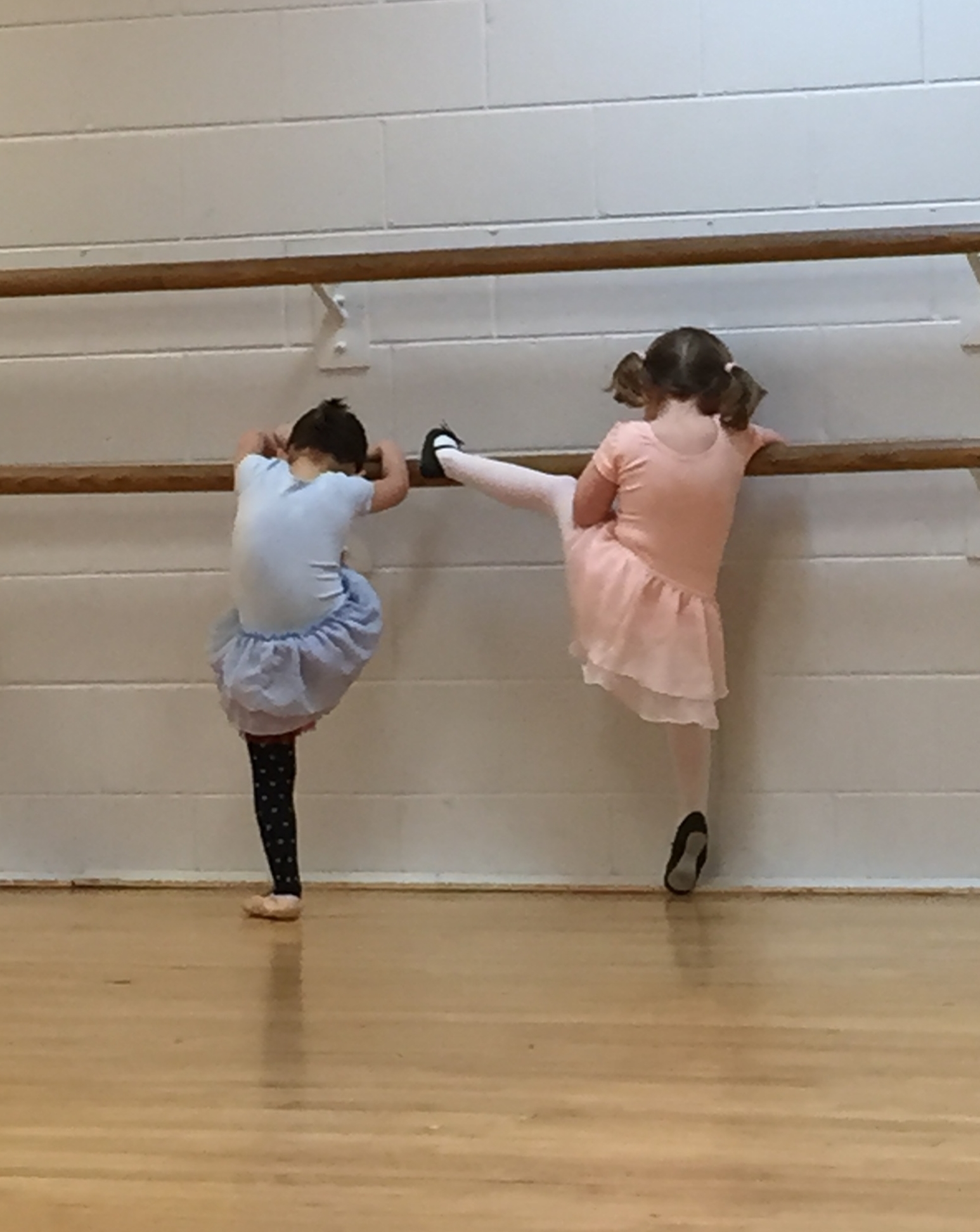Trust each other to make meaningful mistakes
Most importantly, we have to build relationships with all the adults who support our child so that we are comfortable having conversations about what worked and what didn't.
In a blog post, I wrote years ago for Reality101 on the Council for Exceptional Children's blog I talked about the pressures of being on top of everything for our students - managing the curriculum and still trying to manage behaviors and support students’ social-emotional learning. One tiny piece of the post was about giving ourselves permission to try new things and being OK when they don't work out. It was a line toward the bottom of the piece and when someone commented on it I realized how it really should be a focus for an entire post itself. As both teachers and parents, we rarely give ourselves the time and space to try new things, be OK with failure and have time to reflect on what didn't work.
When we're talking about behaviors in the classroom (or at home) and determining the best way to support a child throughout the day it is essential that we give ourselves permission to try ideas and concepts that might not work. There is no silver bullet for supporting behavior. There is no equation, formula, or perfect answer that tells us how to solve a behavior problem. There is frankly, nothing but trial and error.
So many times when we're thinking of behavior plans we forget this. As a special education teacher I often wanted to put something in place that will work immediately and solve everything. And it's not just me. Often we may be told by a co-teacher or administrator that a behavior plan needs to be put into place to "fix" a situation. Or as parents, we feel that the school is asking us to whip out a solution that will “fix” our child’s behavior when we are not around. When we're asked to "fix" a situation there suddenly becomes this pressure on us to come up with the perfect behavior plan that will erase all problem behaviors and turn a child into a model student. And yet, behavior plans that fix everything don't exist.
Behavior plans don't work like that because kids don't work like that. Human beings don't work like that. Behavior plans can make things better. They can help a child monitor their own behavior, teach a child how to navigate the school day, serve as a structure for the child or provide the child with breaks and incentives. But they don't fix everything. Everyone has a good day and a bad day. Behavior plans will work most days, but not others. Some behavior plans are going to make behavior worse before it gets better. Some behavior plans are going to be a disastrous failure but what we learn from that will tell us so much more about the child and the child's needs than if we had done nothing for the child at all.
We - as both teachers and parents - have to give ourselves and each other permission to try things with our children that may not work right away (or at all) because no matter what we'll learn from what doesn't work. We have to be willing to have the conversation about what's not working so we can try something new that will build on what was implemented originally. Most importantly, we have to build relationships with all the adults who support our child so that we are comfortable having conversations about what worked and what didn't. When we're scared to fail because of what others may think of our ability to handle students we've lost our ability to make kid-focused decisions in the classroom. Somehow failure, reflection, and trying again has to become a part of school culture- especially in an open relationship between parents and the school team.


